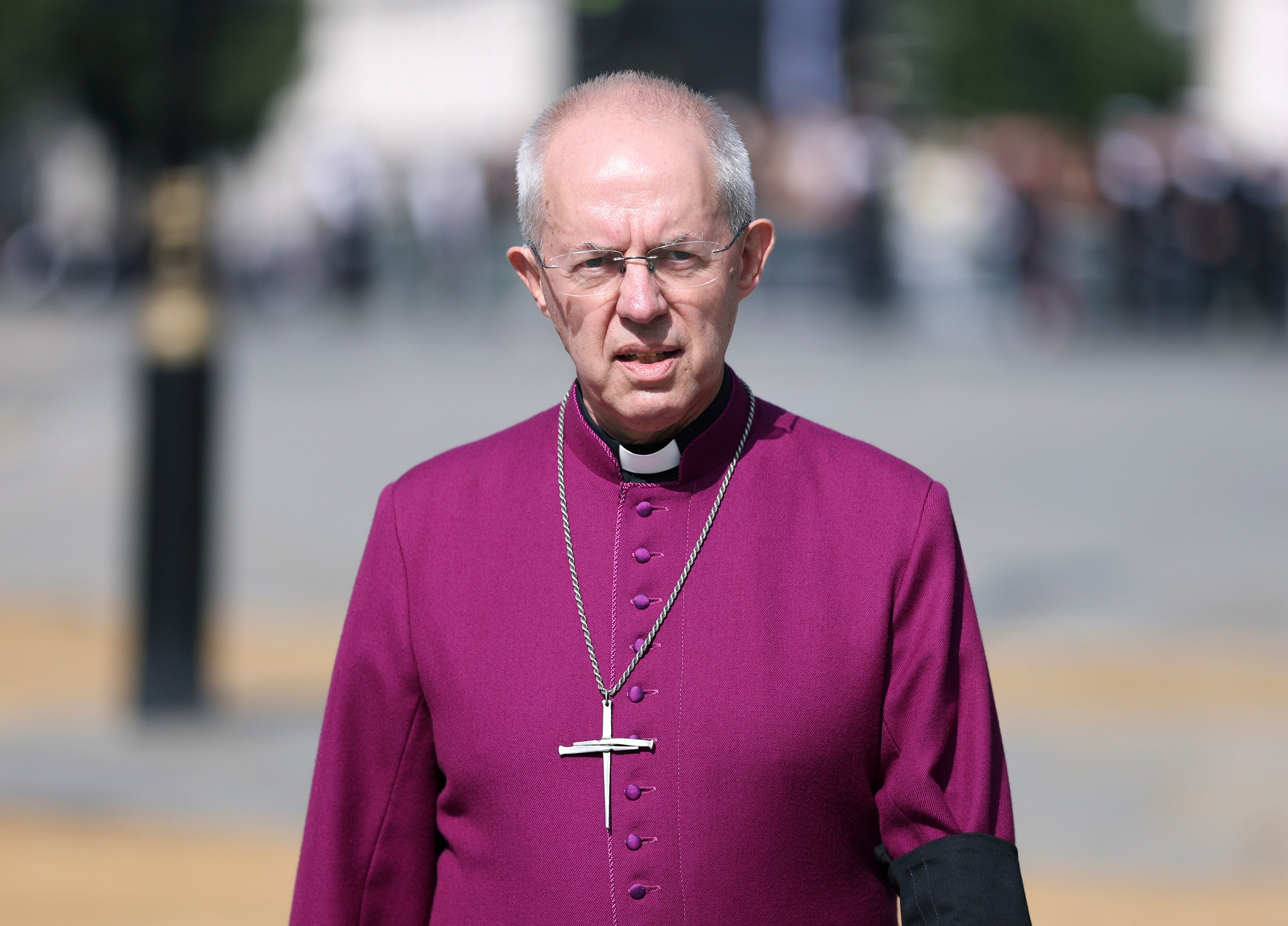Report finds Church of England covered up 'horrific' abuse at summer camps decades ago
An independent review has found the Church of England covered up “horrific’ abuse by a lawyer who volunteered at Christian summer camps in the 1970s and 1980s

The Church of England covered up “horrific” abuse by a lawyer who volunteered at Christian summer camps in the 1970s and 1980s, and the ceremonial head of the Anglican Communion failed to report him to authorities when he learned of the abuse in 2013, according to an independent review released Thursday.
John Smyth, who died in South Africa in 2018 at age 75, physically, sexually, psychologically and spiritually abused about 30 boys and young men in the U.K. and 85 in Africa over five decades, the 251-page report commissioned by the church found. Smyth is believed to be the most prolific serial abuser associated with the church.
“Many of the victims who took the brave decision to speak to us about what they experienced have carried this abuse silently for more than 40 years," said Keith Makin, who led the review. “Despite the efforts of some individuals to bring the abuse to the attention of authorities, the responses by the Church of England and others were wholly ineffective and amounted to a coverup."
The church said it was “deeply sorry for the horrific abuse,” adding “there is never a place for covering up abuse."
Smyth, who was an accomplished lawyer and charismatic speaker, was a volunteer leader at the Iwerne camps. The camps held in several locations were associated with the church and were developed to prepare young men from leading schools for high offices in the church and other parts of society.
Smyth used a cane to punish campers for “sins” that included “pride,” making sexual remarks, masturbation or, in one case, looking at a girl too long, according to the report. The victims and Smyth were at least partly, if not fully, naked during the savage beatings.
“The scale and severity of the practice was horrific," the report noted. "Beatings of 100 strokes for masturbation, 400 for pride, and one of 800 strokes for some undisclosed ‘fall’ are recorded.”
Eight of the victims received about 14,000 strokes of the cane and two reported 8,000 lashes over three years. Eight men said they often bled from the whippings and others reported bruising and scarring.
A secret report of the abuse was compiled by a minister in 1982 and other church officers were aware of it, but police were never contacted.
“I thought it would do the work of God immense damage if this were public," the now-deceased Rev. David Fletcher told people who worked on the new report.
Smyth was strongly encouraged to leave and ended up moving to Zimbabwe with this wife and children, the report said. He received financial help from church officers.
“Church officers knew of the abuse and failed to take the steps necessary to prevent further abuse occurring,” the report said.
Church officials, including Archbishop of Canterbury Justin Welby, the ceremonial head of the church, had another opportunity to report Smyth — and prevent any potential further abuse — when they learned of it in 2013, but didn't do so, the report said.
Welby, who attended Iwerne camps and had known Smyth, said he was unaware of the abuse before 2013.
“Nevertheless the review is clear that I personally failed to ensure that after disclosure in 2013 the awful tragedy was energetically investigated," Welby said.
The report said that if Smyth had been reported to police at that time, it could have uncovered the truth and led to a possible criminal conviction.
“In effect, three and a half years was lost, a time within which John Smyth could have been brought to justice and any abuse he was committing in South Africa discovered and stopped,” the report said.
Word of his abuse was not made public until a 2017 investigation by Channel 4, which led Hampshire Police to start an investigation. Police were planning to question Smyth at the time of his death and had been prepared to extradite him.
Bookmark popover
Removed from bookmarks